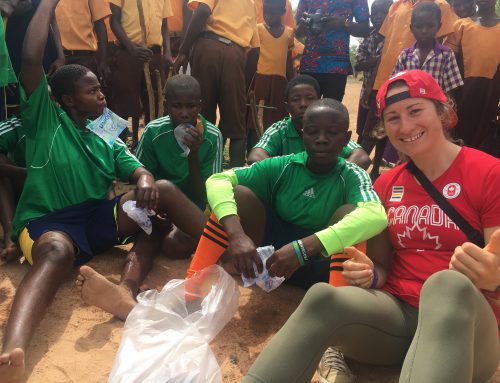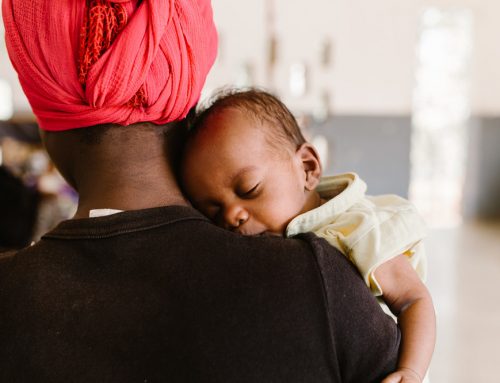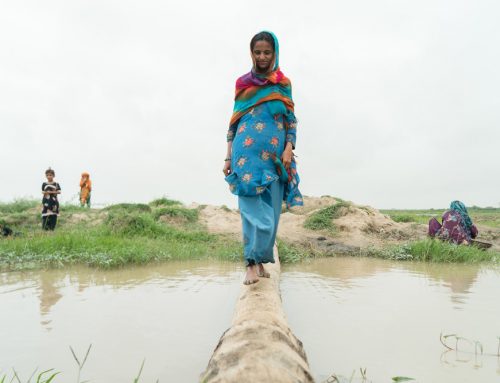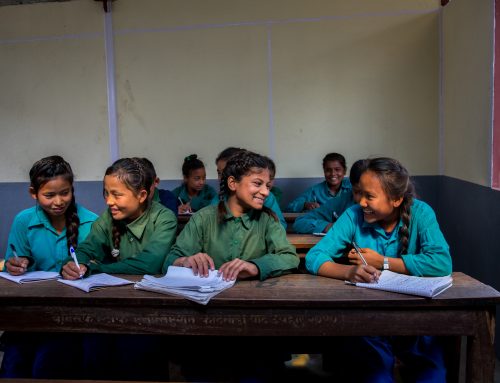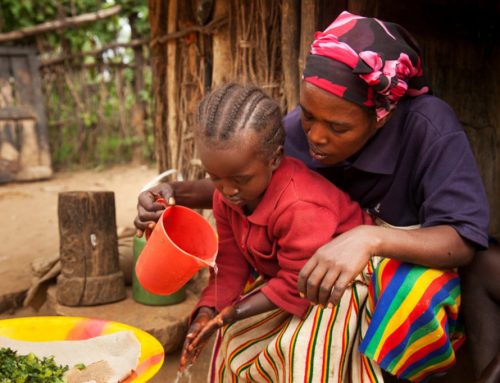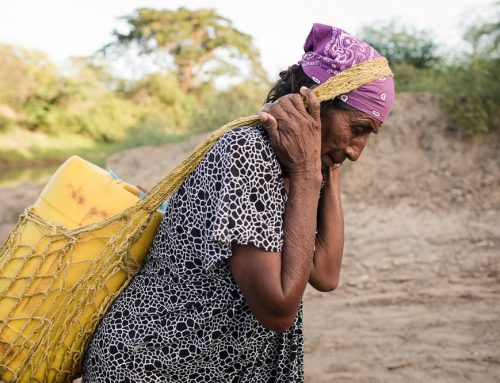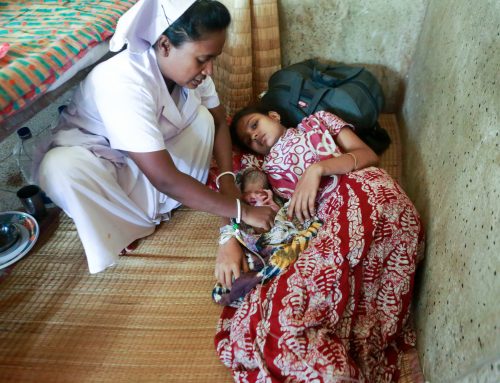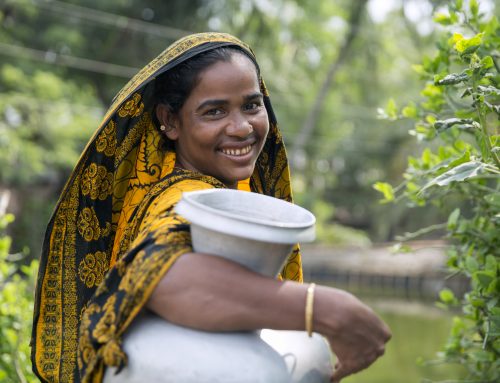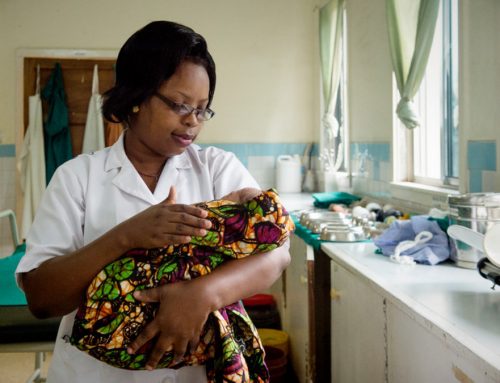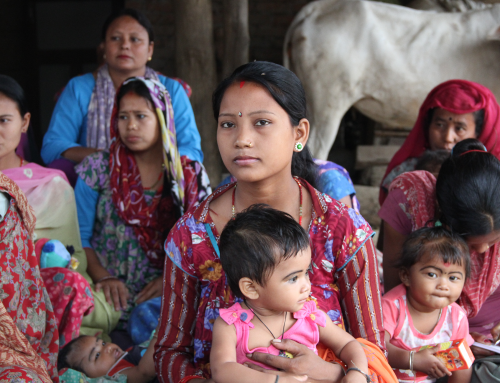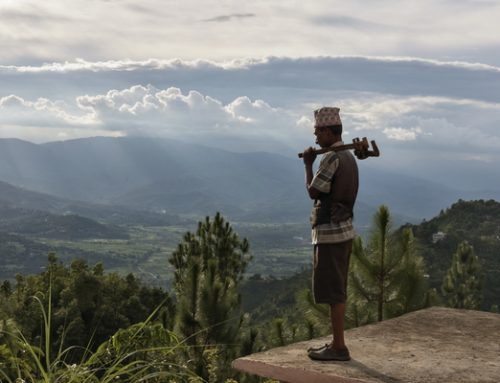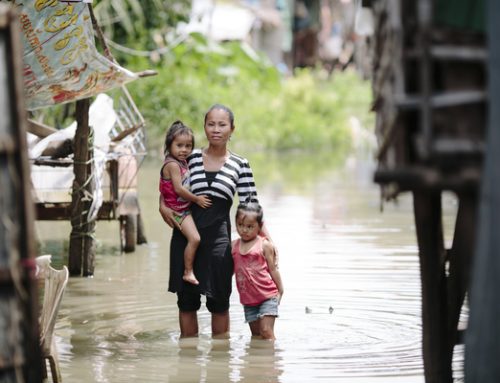Meet Pa (Patrick). He is seven years old. With his clean white shirt and shy, charismatic smile, he stands out from the crowd. His smile tells the whole story.
Earlier this year, WaterAid implemented a gravity-fed water supply and treatment system for St Paul Primary School in Fenoarivo village, Madagascar. The water comes from a naturally occurring mountain spring that is transported using the force of gravity to different water points in the village and to the school’s water point.
“In my school now we can drink water at any time,” said Pa. “Sometimes our teachers tell us not go to the toilets and to the taps all the time but we do because it’s so nice. I can drink very clean water and wash my face with it every day. I am no longer thirsty and sleepy in class. The water we get from the tap is very clean and fresh. I no longer have diarrhea when I drink water from the taps.”
Madagascar is one of the poorest countries in the world with a population growing faster than its economy. Nearly half the children in Madagascar suffer from stunting and the country’s access to water and sanitation is still extremely low.
In fact, malnutrition affects 1 out of 3 people globally— whether through undernutrition which stunts growth and development, or what is termed in the health community as over nutrition, displayed in obesity and growing rates of diabetes and other illnesses. This is a global crisis that affects nearly every country in the world. According to the 2016 Global Nutrition Report released last week, malnutrition is the ‘new normal.’
As much as 50% of undernutrition is linked to chronic diarrhea, intestinal worms and other infections caused by unsafe water, poor sanitation and insufficient hygiene, including not washing hands with soap. These conditions leave children’s bodies unable to absorb nutrients properly, regardless of what quantity or type of food they eat.
The resulting stunting (low height for age) damages children’s physical and mental development forever, blighting their life chances and depriving the world of future potential thinkers, leaders and athletes.
Clean water, good sanitation and hygiene are essential to ending malnutrition. The 2016 report recognises the important role of clean water, good hygiene and ending open defecation in reducing undernutrition, a major form of malnutrition. It calls on governments to prioritise spending to end malnutrition, including through the provision of clean water, safe sanitation and good hygiene practices.
There is also a serious economic cost. The report reveals that malnutrition costs Africa and Asia at least 11% of GDP annually, and that direct interventions – including nutritional supplements — even when expanded to cover 90% in the hardest hit countries, can only reduce 20% of stunting. This makes clean water, good sanitation and good hygiene critical components in addressing underlying causes.
Some 650 million people globally do not have access to clean water and 2.3 billion do not have access to basic sanitation. An estimated 315,000 children under five die each year from diarrheal illnesses linked to a lack of these basic human rights.
This summer, world leaders are expected to convene in Rio ahead of the Olympics to discuss the importance of nutrition. WaterAid is calling on them to include water, sanitation and hygiene as part of their commitments and plans for ending malnutrition by 2030.
Learn why Without Toilets We Won’t End Malnutrition.
